Iceland has established comprehensive legislation addressing gender-specific health considerations in occupational environments. The Workplace Health Equity Act represents a progressive approach to integrating biological and physiological factors into labor protections, setting new standards for gender-inclusive workplace policies.
Legislative Foundations
The act builds upon Iceland's existing gender equality framework while introducing novel health-focused provisions. It mandates employer responsibility for gender-sensitive risk assessments and requires implementation of tailored prevention strategies. The legislation intersects with occupational safety regulations, anti-discrimination statutes, and public health initiatives.
Core Components
The policy framework encompasses physical and psychological health dimensions with specific attention to female physiology. Provisions address ergonomic adaptations, hormonal health considerations, and reproductive life-stage accommodations. The legislation establishes clear protocols for workplace violence prevention and mental health support.
Implementation Structure
A multi-tiered enforcement system combines government oversight with workplace participation. Regional occupational health centers provide specialized expertise, while digital platforms facilitate compliance monitoring. The system requires biannual health audits conducted by certified assessors with gender medicine qualifications.
Medical Integration
The legislation necessitates inclusion of women's health specialists in occupational health teams. It mandates life-stage appropriate risk assessments and gender-specific rehabilitation protocols. Workplace health programs must incorporate preventative screenings tailored to female physiological needs.
Employer Obligations
Businesses must demonstrate health-equitable facility designs and equipment provisions. The law requires gender-balanced representation in safety committees and trauma-informed management training. Employers must establish transparent processes for health-related accommodations.
Employee Protections
The act guarantees rights to adaptive work arrangements without professional penalty. It establishes confidential medical disclosure channels and third-party review mechanisms. Comprehensive whistleblower protections cover health-related grievances.
Compliance Mechanisms
The enforcement framework combines labor inspectorate evaluations with employee-initiated arbitration. Corporate reporting requirements include detailed health equity metrics. Sector-specific benchmarks enable comparative performance assessment.
Economic Considerations
The policy incorporates financial incentives for compliant organizations, including tax benefits and certification advantages. Government subsidies assist small businesses in meeting requirements. Public procurement processes incorporate health equity criteria.
Policy Challenges
Implementation faces obstacles regarding medical privacy boundaries and resource allocation. Developing objective impact metrics presents methodological difficulties. Cultural adaptation requirements vary across industries and organizational sizes.
Comparative Context
The Icelandic model differs from conventional workplace health approaches in its explicit gender-specific provisions. It expands beyond traditional maternity protections to address comprehensive female health considerations. The legislation integrates occupational health with broader gender equality objectives.
Emerging Outcomes
Preliminary indicators suggest positive impacts on workplace injury rates and retention metrics. Early data shows increased reporting of health-related concerns, indicating improved organizational awareness. Productivity measures demonstrate potential benefits of health-adaptive arrangements.
Development Trajectory
Future policy enhancements may address additional life-stage considerations and inclusive healthcare provisions. Technological applications could strengthen compliance monitoring. The model's adaptability for international application remains under evaluation.
Iceland's Workplace Health Equity Act establishes an innovative legislative approach to gender-inclusive occupational health. By mandating biologically-informed protections and systemic prevention measures, the policy addresses historical gaps in workplace health equity. While implementation complexities persist, the framework provides a replicable model for integrating physiological considerations into labor protections. The legislation's evolution will inform global discussions on comprehensive gender equity in occupational environments.

By Emily Johnson/Mar 29, 2025
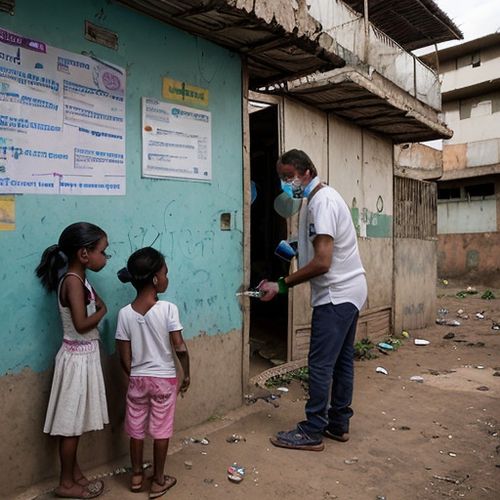
By Olivia Reed/Mar 29, 2025

By Benjamin Evans/Mar 29, 2025

By Jessica Lee/Mar 29, 2025
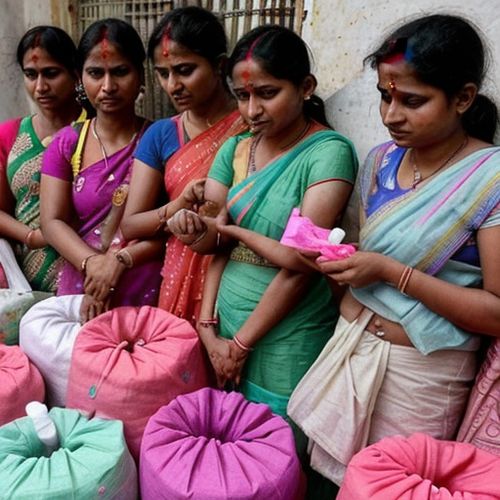
By Benjamin Evans/Mar 29, 2025
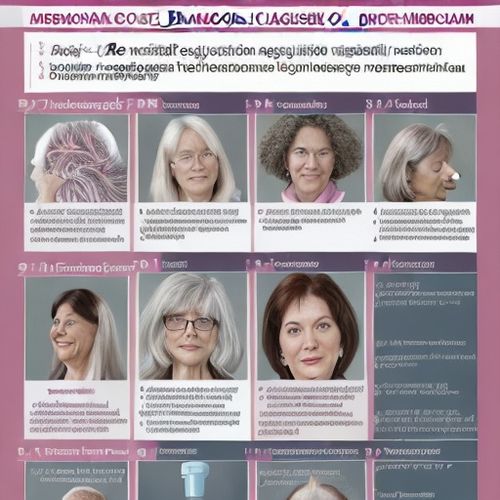
By Noah Bell/Mar 29, 2025
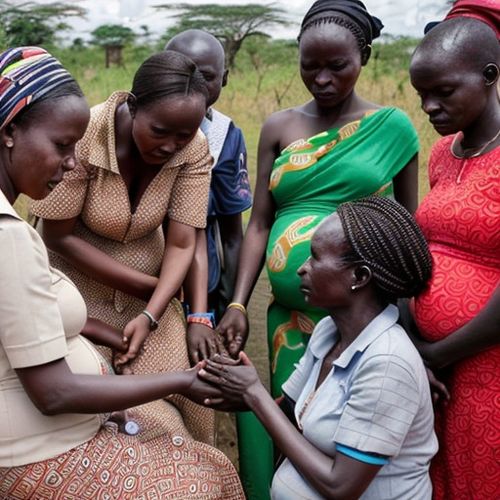
By Emily Johnson/Mar 29, 2025

By Grace Cox/Mar 29, 2025

By Megan Clark/Mar 29, 2025
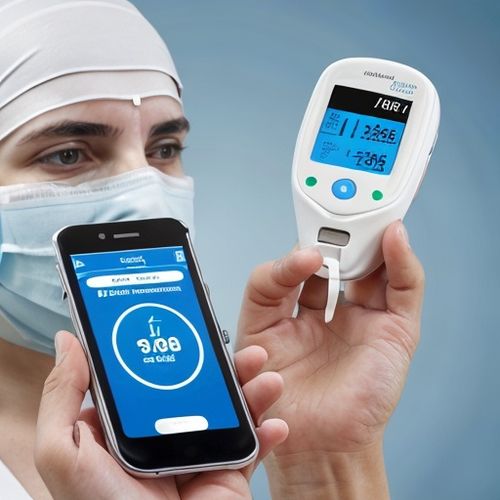
By Sophia Lewis/Mar 29, 2025

By Joshua Howard/Mar 29, 2025

By Ryan Martin/Mar 29, 2025
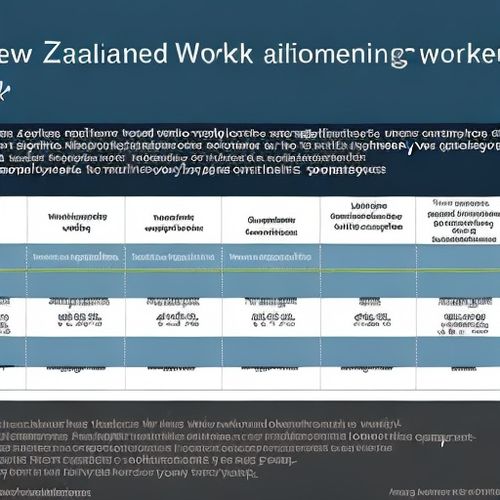
By John Smith/Mar 29, 2025

By Megan Clark/Mar 29, 2025

By George Bailey/Mar 29, 2025

By Ryan Martin/Mar 29, 2025

By Benjamin Evans/Mar 29, 2025
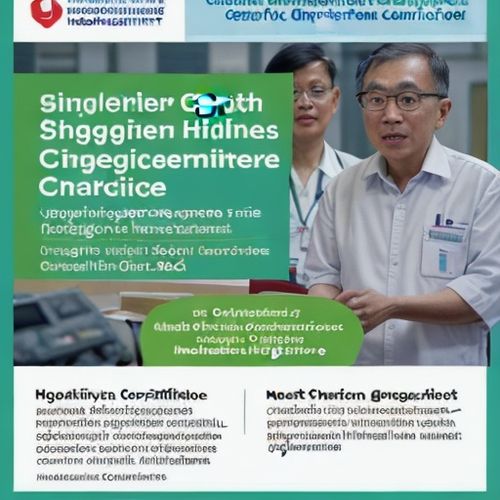
By Emma Thompson/Mar 29, 2025
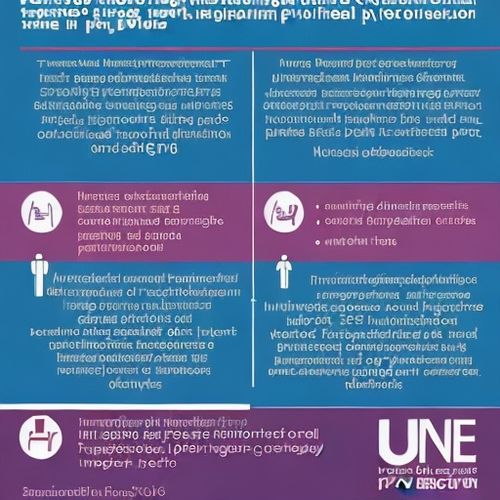
By Lily Simpson/Mar 29, 2025

By Amanda Phillips/Mar 29, 2025